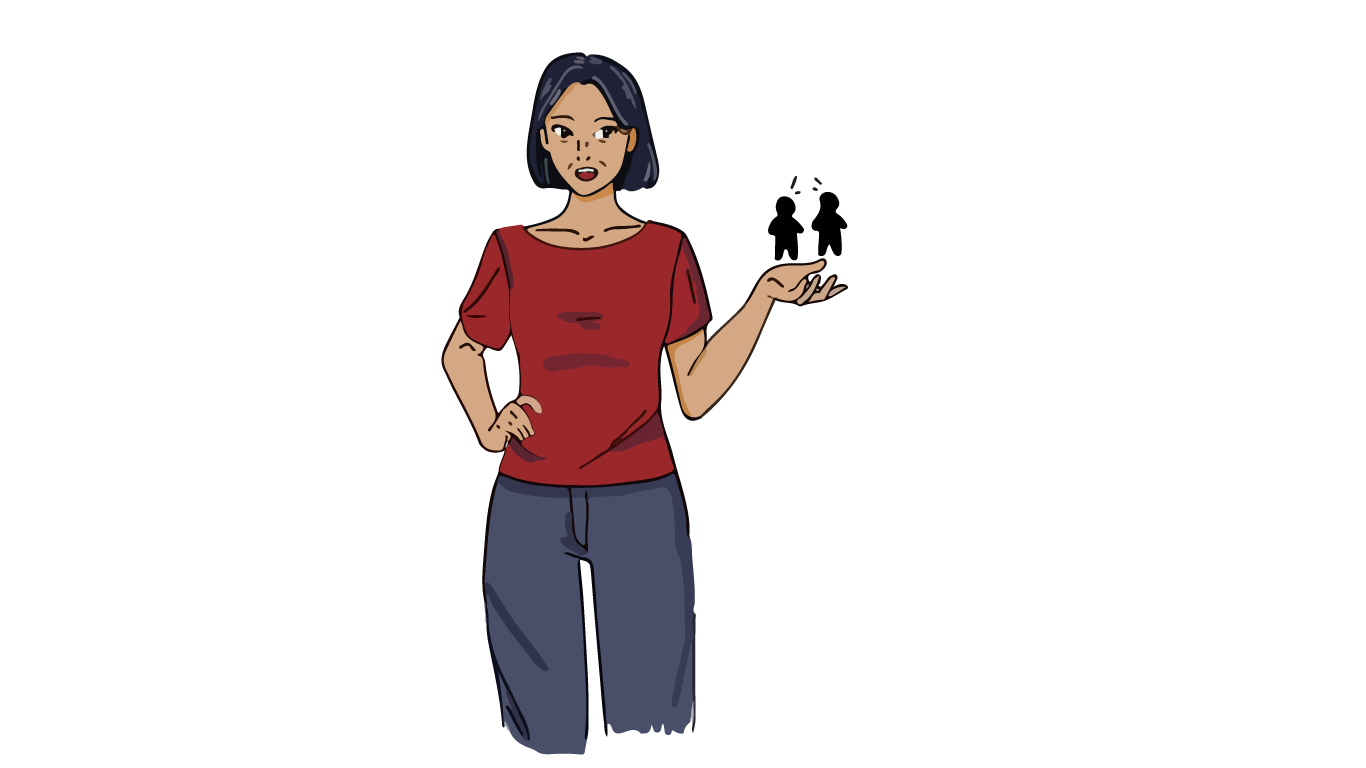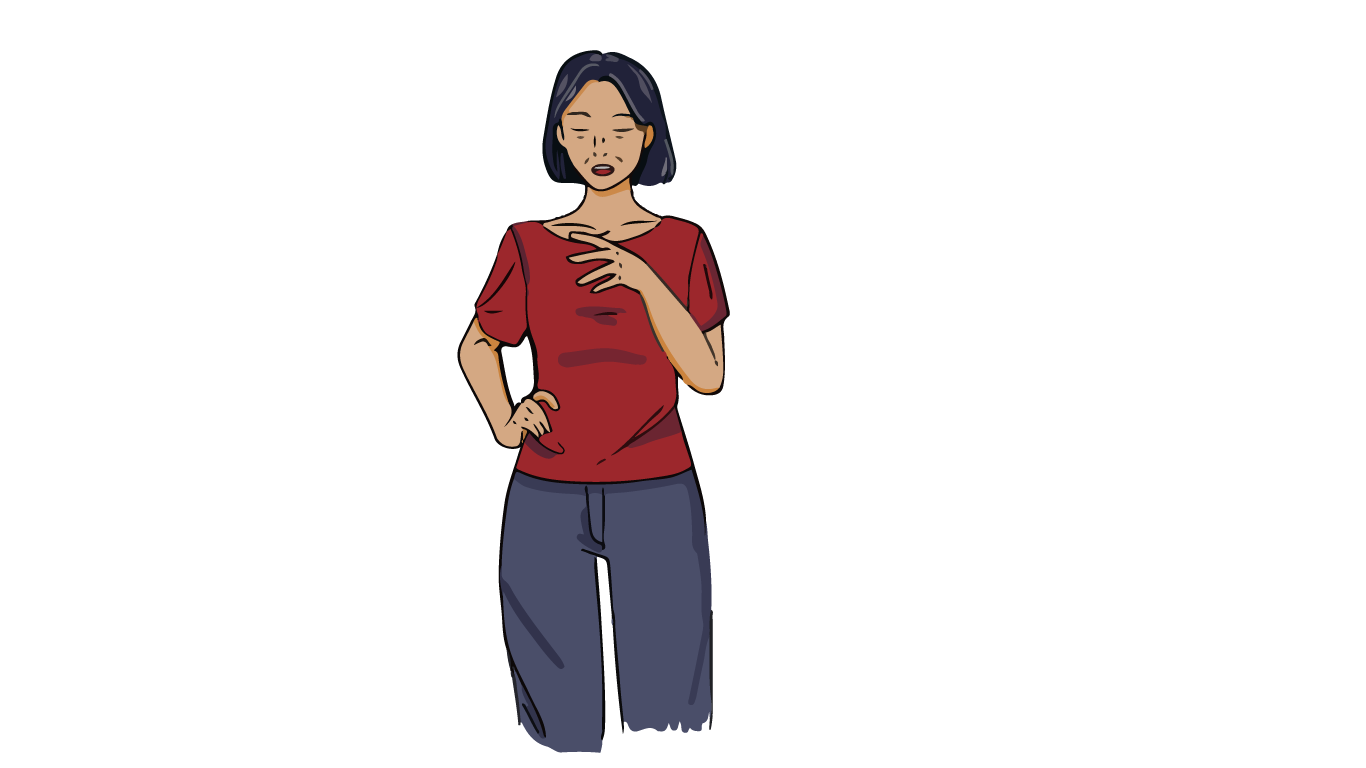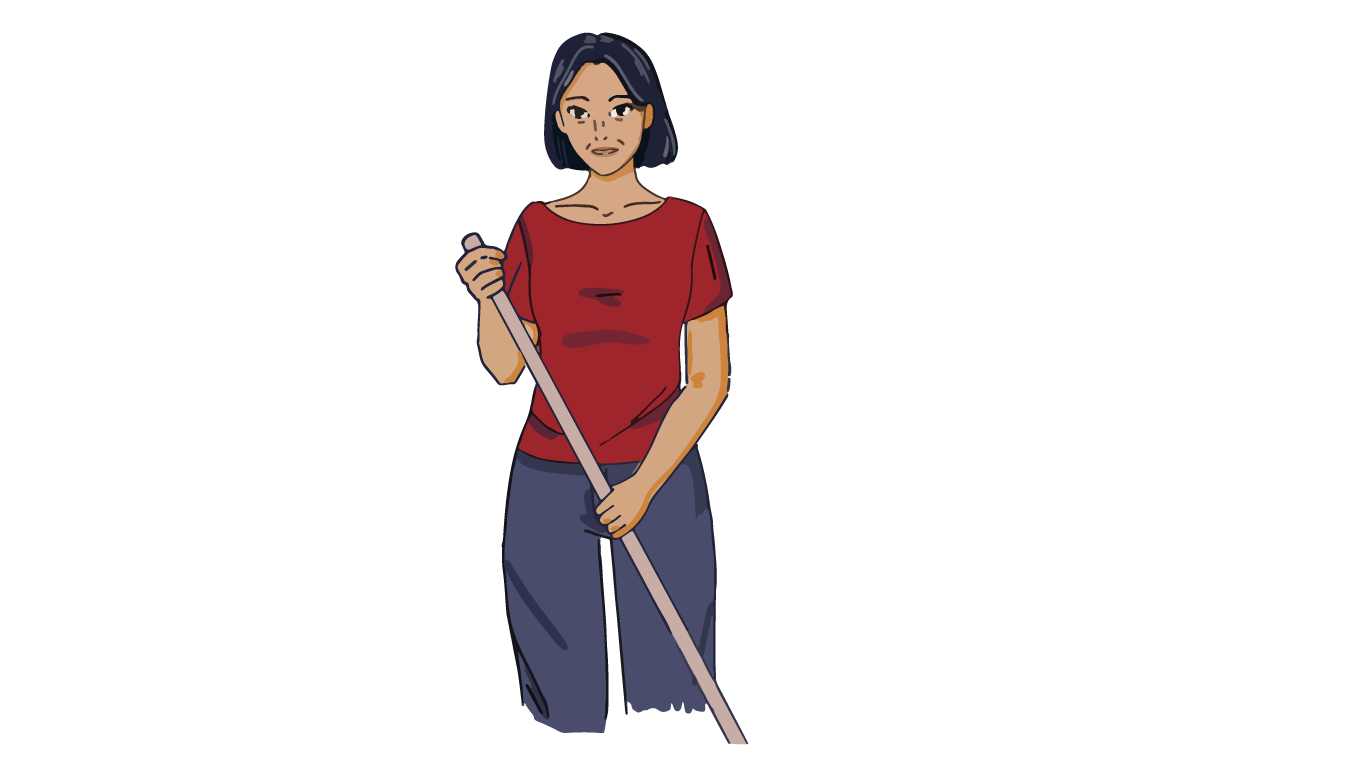


The following chapter contains mature themes. Viewer discretion is
advised.
If at any point you feel uncomfortable, please feel free to leave
the experience.




i.e. “The act of building up a trusting and emotional relationship
with a minor,
usually with the purpose of sexual exploitation, gratification or
abuse.” (IMDA)
Jake guilt-tripped and pressured you whenever you hesitated.
Jake had unusual freedom and financial resources for a teenager.
Jake claimed to be 15 but displayed inaccurate knowledge about school life.
Jake kept his camera off during the video call.
Jake didn't like you involving your Mom.
Sharing your school might seem harmless, but online groomers may piece together information to find your whereabouts. Deflecting personal questions about your full name, age, school, and address keeps your identity private.
It's okay to open up about your feelings, but online groomers take advantage of your emotional vulnerability to build trust and dependency. Instead of relying on someone online, turn to those around you or find comfort in yourself.
Expensive gifts can be tempting, but they usually come with strings attached. As a known grooming tactic, online groomers use gifts to make you feel special. Declining gifts isn't rude, and you can always save up for them.
Video calls are convenient, but persistent requests often come with malicious intent. Online groomers gain full visual access, and they might record and take screenshots without your knowledge. You're one click away from everything or nothing.
Sending explicit photos may be a chance to gain validation, especially when you don't receive it elsewhere. Online groomers may use these images to praise you into further compliance or threaten to use them as blackmail. Your body is not someone else's object.
Meeting someone you only know online can have irreversible consequences. Online groomers tend to pick remote locations far from onlookers to protect themselves. Always tell someone you trust and bring them along. It's also never too late to cancel on them.
Protect your privacy, consider who you interact with, and be mindful of what you share or consume online.
Always take a step back and consider the risks and consequences before sharing, responding, accepting, or meeting.
Call out suspicious behaviour or harmful content by reporting it to platforms, trusted adults, or authorities.
Talk to someone you trust when you feel unsure, uncomfortable, or unsafe.
Real friends respect your boundaries. Real friends want you to be
safe.
If any part of this story felt familiar, please talk to someone. You
are not alone.